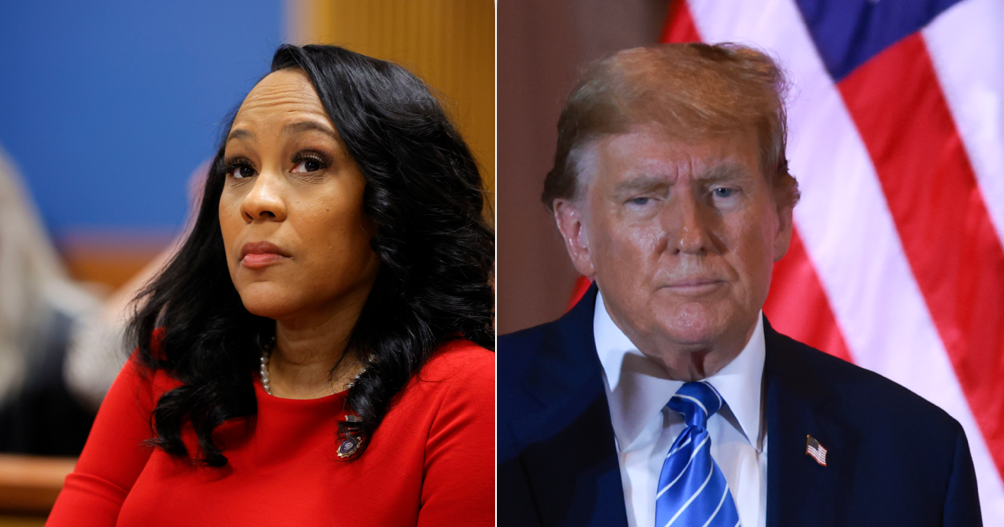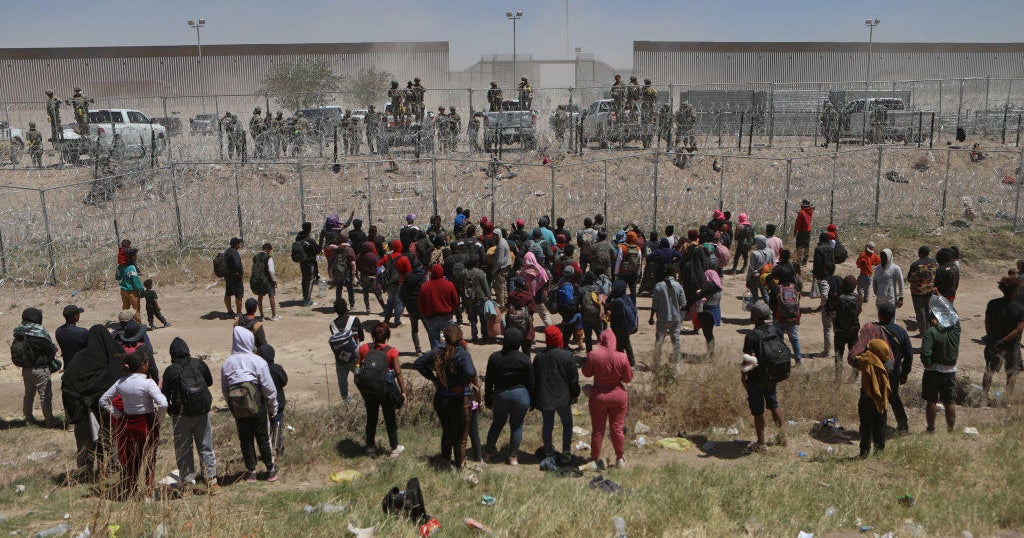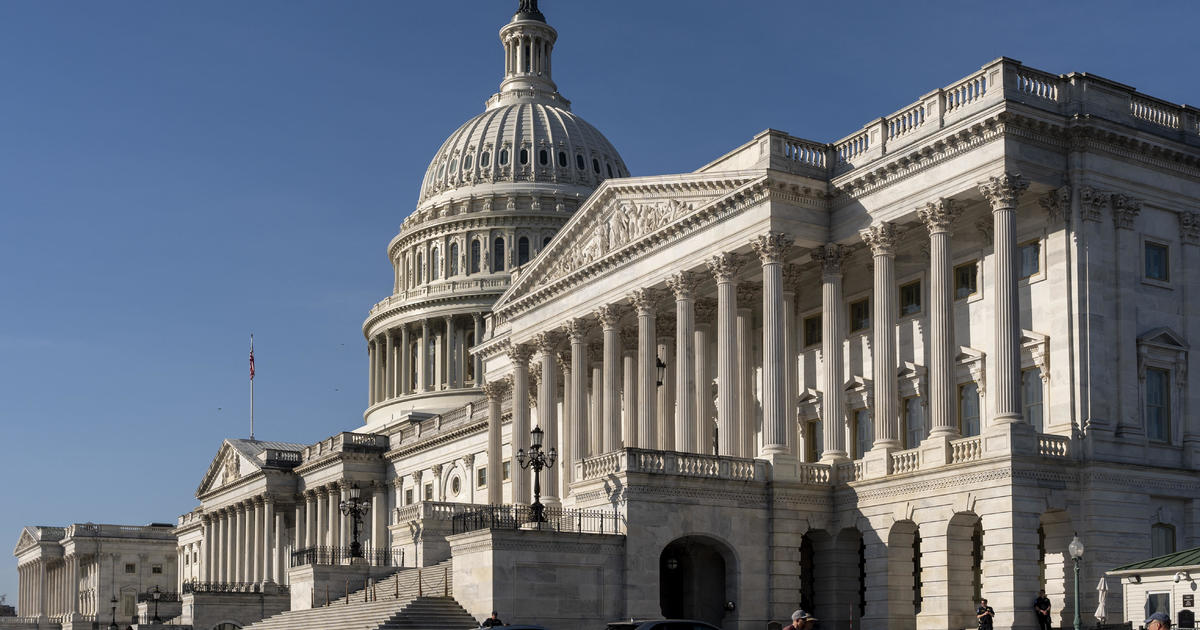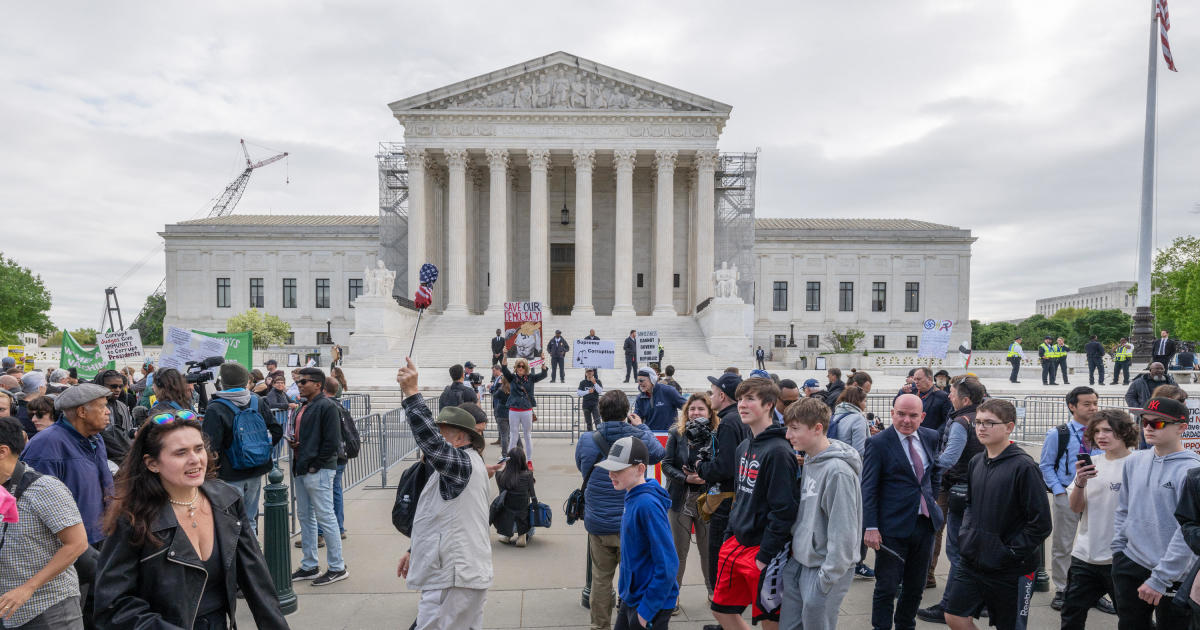Supreme Court allows Trump to continue sending asylum-seekers to Mexico
Washington — The Supreme Court on Wednesday allowed the Trump administration to continue sending Latin American asylum-seekers seeking refuge at the southern border to Mexico, setting aside an order by a lower court that ruled the policy was illegal.
By granting a request from Justice Department lawyers, the conservative-leaning court safeguarded the so-called "Remain in Mexico" program, the cornerstone of the administration's efforts to restrict access to the asylum system for migrants at the U.S.-Mexico border. Border officials were able to stem an unprecedented surge of asylum-seeking Central American families last spring by requiring tens of thousands of them to wait in Mexico for the duration of their U.S. immigration proceedings.
With its unsigned order, the high court on Wednesday granted the administration's request to set aside an injunction by a lower court while litigation continues. Justice Sonia Sotomayor would have denied the administration's request.
A Justice Department spokesperson welcomed the move, saying the policy has been "critical to restoring the government's ability to manage the Southwest border." Judy Rabinovitz, a lead attorney with the American Civil Liberties Union, called the policy "illegal" and said migrants "face grave danger and irreversible harm every day this depraved policy remains in effect."
Had the Supreme Court not intervened in favor of the administration, the policy, officially called the Migrant Protection Protocols, or MPP, would have been blocked in California and Arizona starting Thursday. As of Wednesday, the U.S. had used the program to return more than 60,600 asylum-seekers from Spanish-speaking countries in Latin America and Brazil to Mexico.
Wednesday's order is the latest sign that the high court, which now includes two justices appointed by President Trump, is willing to allow the administration to move forward with fundamental immigration policy changes while the flurry of lawsuits against them are decided on the merits. Last fall, the court greenlighted a rule that renders most non-Mexican migrants ineligible for asylum at the southern border, and just last month, the justices allowed officials to enforce a wealth test for green cards that could reshape legal immigration.
The MPP program, developed through an informal agreement with the Mexican government, was briefly halted earlier this month after the 9th Circuit Court of Appeals issued an order upholding a ruling last year by a federal judge against the policy. The circuit court said in its order that migrants returned to northern Mexico "risk substantial harm, even death, while they await adjudication of their applications for asylum."
But the 9th Circuit agreed to pause its order hours later after administration lawyers rushed to defend the policy, arguing that a "surge" at the border could result if it remained halted. Last week, the 9th Circuit said it would continue to pause the order until Thursday, but reaffirmed its finding that the policy is illegal, and said it would agree to set aside the lower court injunction against the program only in the border states of New Mexico and Texas, which fall outside its jurisdiction.
Justice Department lawyers then asked the Supreme Court to weigh in, continuing to warn that a "rush" of migrants could ensue if the policy was halted, even if only partially. Last week, the administration announced it was dispatching military personnel to the U.S.-Mexico border to help officials there respond to large groups of migrants it believed may have formed if the program was blocked.
Hours before the Supreme Court issued its order on Wednesday, the Trump administration published its annual human rights report on Mexico, acknowledging that journalists and groups have documented the "victimization of migrants" there "by criminal groups and in some cases by police, immigration officers, and customs officials."
The State Department report also acknowledged that, according to government and civil society sources, Central American gangs have expanded their presence in Mexico, threatening migrants who fled the very same gangs in their native communities.




